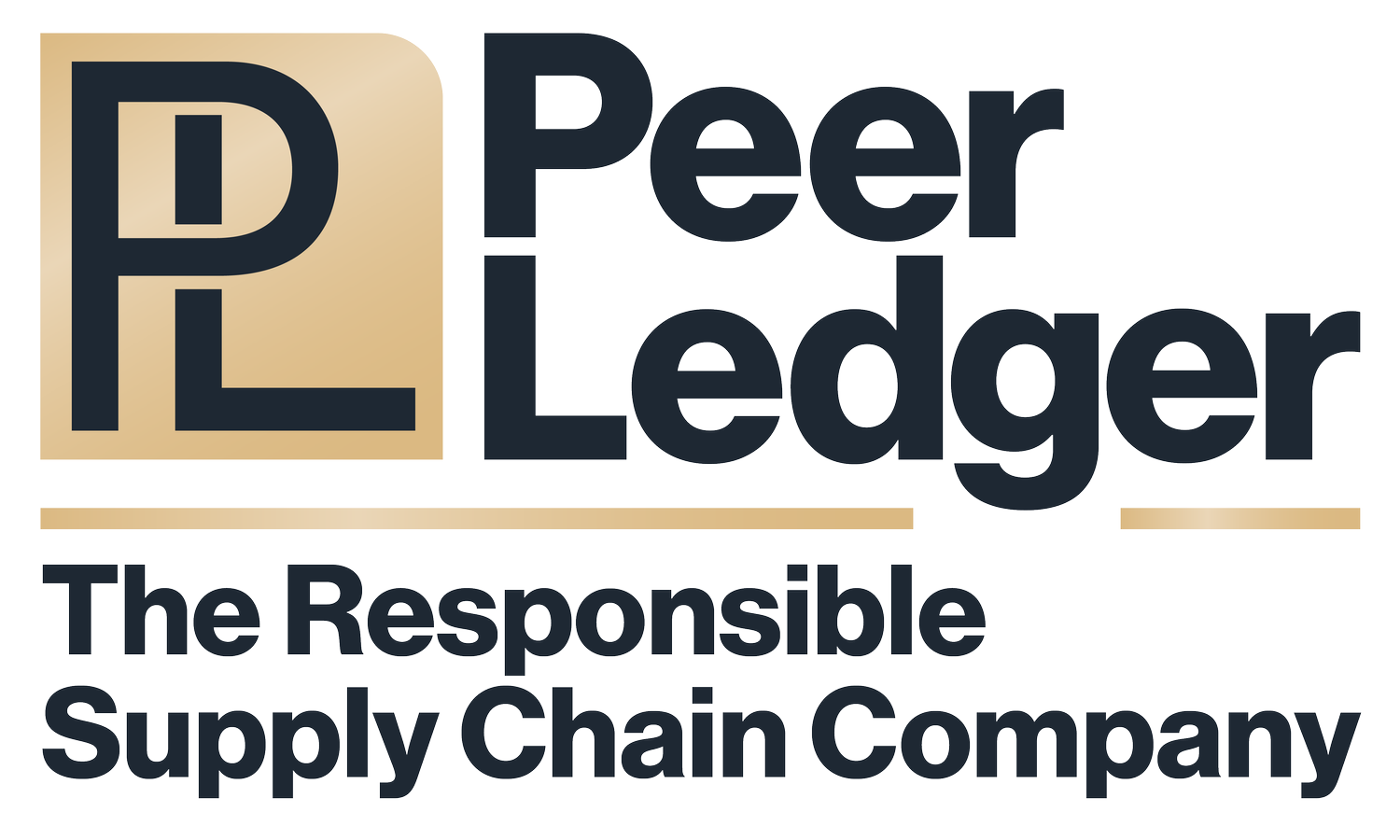Traceability in Mining: Conflict-Free vs. Responsible Sourcing
“Conflict-free” is an aspiration of mining companies, but is this achievable in conflict-affected and high-risk areas (CAHRAs)?
“Conflict-free” is neither a recommendation of the OECD Due Diligence Guide (DDG) nor a requirement of the EU’s new Conflict Minerals Regulation. Instead, mining companies and their downstream are encouraged to promote “responsible sourcing” through due diligence.
After the U.S conflict minerals provision came into effect in 2010, the OECD and LBMA established guidance for Responsible Supply Chains in the Mining industry in 2016 and 2017 respectively, to combat systematic human rights abuses, avoid terrorist financing, and comply with high standards of anti-money laundering. The OECD and LBMA guidelines provide a five-step framework for upstream and downstream companies to complete due diligence and require a strong traceability system and participation of all stakeholders. According to the European Commision, effective due diligence will help companies to source responsibly from CAHRAs, instead of excluding from their supply chains. The inclusivity of CAHRAs was the original intention of the OECD DDG and the EU regulation (enter into force in January 2021).
Responsible Sourcing
How can a company prove it practices responsible sourcing? Companies must follow the due diligence described in the OECD DDG and utilize a robust risk management system that includes a secure and accurate database to identify risks and provide documentation for audits.
Integrating Blockchain Technology into Responsible Sourcing
Peer Ledger developed the MIMOSI blockchain platform to give companies a trusted, immutable record of all track-and-trace transactions across supply chains, using the highest level of identity management in the industry. Since its launch at the OECD Forum for Responsible Minerals in Paris in 2017, MIMOSI has been used by mid-sized companies, Fortune 10 companies and the Government.
Peer Ledger’s Milestones
Trusted, Immutable Records
Blockchain allows data to be lodged permanently in the system and cannot be manipulated by any party. This feature meets the LBMA requirement that all records be maintained for at least five years. Authorized users can access documents immediately, making it faster to conduct audits.
Cost-Efficient
With the global pressure to improve due diligence in mineral supply chains, traceability systems add help control risks and potentially increase the value of your products.
Highly Flexible
MIMOSI system is applicable to companies of every size - from artisanal to Fortune 10 companies. The flexible design enables companies to track sustainability metrics such as prices, carbon footprint, identity factors, human and labour rights incidences, and regulatory compliance.
Request a demo to learn more about MIMOSI Traceability
References
OECD (2016), OECD Due Diligence Guidance for Responsible Supply Chains of Minerals from Conflict-Affected and High-Risk Areas: Third Edition, OECD Publishing, Paris, https://doi.org/10.1787/9789264252479-en.
LBMA (2017), LBMA Responsible Silver Guidance, LBMA Publishing, retrieved from http://www.lbma.org.uk/assets/downloads/responsible%20sourcing/20170824%20Responsible%20Silver%20Sourcing%20Master%20-%20SHD%20V1.pdf
European Commision, SMEs’ frequently asked questions on due diligence, retrieved from https://ec.europa.eu/growth/sectors/raw-materials/due-diligence-ready/explained_en


